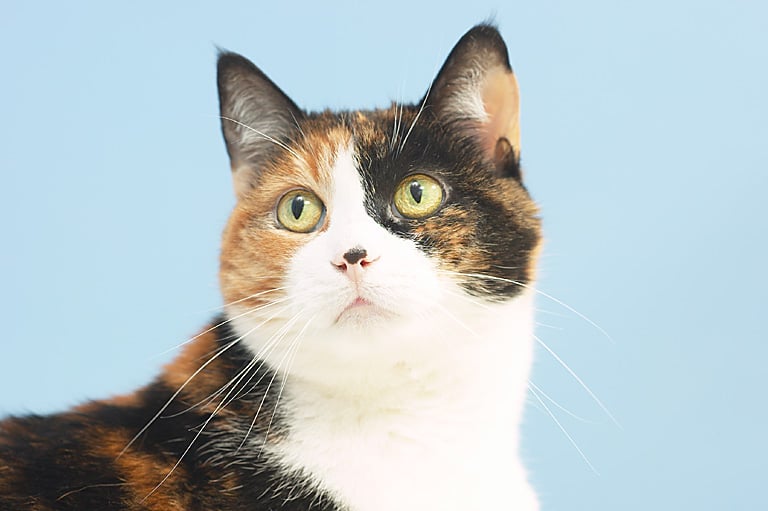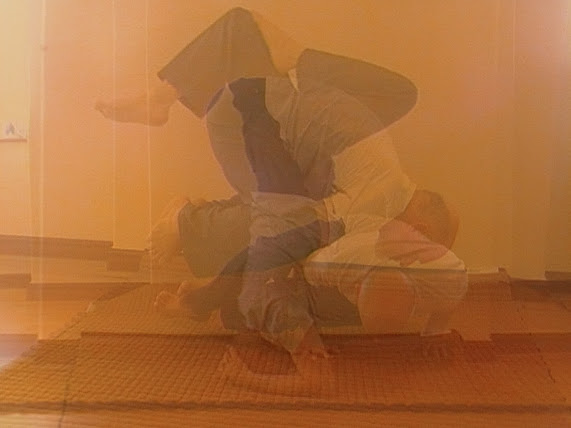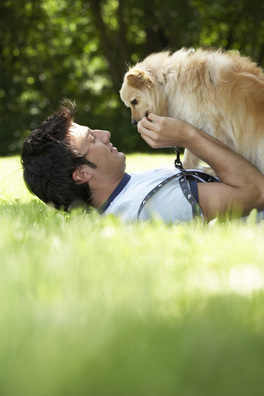 There is a saying in Yoga that goes "Yoga is meant to find us where ever we are in life".
There is a saying in Yoga that goes "Yoga is meant to find us where ever we are in life".
This is a wonderful selling point for yoga because it is saying that we don't necessarily have to be flexible or mentally calm to practice yoga. Nor do we have to have a burning desire to persue the loftier aims of yoga of Self Enquiry, penetrating deep into the dormant levels of our personality in a quest to find the true Self.
Of course these challenging portals are there for anyone to aspire to but where ever YOU are right now even a modest daily practice of yoga techniques can soon begin to enhance the quality of your experience of life. After all at the end of the day this is what we all really want from our yoga: a better quality of life and most of all, PEACE or SHANTI as it is known in yoga speak.
In my experience of yoga teaching for some ten years and over 30yrs of personal practice, most students who embark on the yoga journey only do so for physiological reasons. They want to get flexible, toned and stronger without busting a gut. They want to get some relief from the everyday stresses of work and family pressures. So can yoga do this for them? Do they have to subscribe to the spiritual path of yoga to really benefit.
The answer to the first question is Yes it can do this for them with persistent practice. The answer to the second question is No but they may find that even with passive practice whatever their spiritual beliefs might be or whatever they think about there being something eternal and higher than this reality then that may well start to become clearer and more meaningful to them.
Yoga postures are not just physical exercises. When we look more inquiringly at the nature of the various poses we begin to see that they all carry some identity or what we might call an archtype that we can connect with.
For example many of the postures are named after animals and there is an inference that the great Hatha Yoga Masters wanted us to find a significant charcateristic of these animals that might bring us benefits.  For example the Cat Pose (Viralasana) allows us to take the spine in two directions, one to flex the spine the other to extend it while at the same time optimising and synchronizing the breath while between these two positions.
For example the Cat Pose (Viralasana) allows us to take the spine in two directions, one to flex the spine the other to extend it while at the same time optimising and synchronizing the breath while between these two positions.
This moveme nt is no doubt beneficial to the cat and when we adopt this pose it has the potential to bring us benefits of a similar nature.
nt is no doubt beneficial to the cat and when we adopt this pose it has the potential to bring us benefits of a similar nature.
The Eagle Pose (Garundasana) is a balanciong pose that brings poise,steadiness and concentration a charcteristic essential to the survival of this proud hunting bird. While we may not need its predatorial gifts we can benefit from the poise, steadiness and concentration that this pose brings us. Furthermore, balancing poses such as the Eagle can cultivate mental and psychic balance and patience too.
In addition to animals, poses are also named after geometrical shapes, natural phenonema, and human characteristics.
Examples include: the geometrical shape of the Triangle (trikonasana). Apart from the triangles physiological benefits of stregthening the legs,and mobilizing the hips its positioning can give us the vibrational attributes of the triangle shape of completeness and uniformity that this pose displays and impacts on our awareness.
The natural phenonema of the standing Mountain Pose (Tadasana) brings us strength and solidness from the flexions in the feet and legs and pelvis giving us that immoveable feeling whatever comes our way. It can build confidence.and steadfastness as it translates to our daily lives.
The human characteristics of the Child Pose (Balasana) creating that return to the womb feeling of release, trust and security, while the Warrior Pose (Virabhandrasana) in contrast can bring us many of the qualities of the the warrior: strength, fortitude, confidence, courage and determination.
Many of the qualities I have mentioned here are not just meant to be experienced while on the mat in a yoga class or while you practice in the privacy of your own bedroom but can be exprerssed to our daily lives.
Many of us come to believe or perceive that yoga is mostly about posture even though in reality it is much more than this. Yet, if posture is so important then it has to benefit us in our daily lives. If yoga posturing is worth its salt it has to gradually make us more aware of our posture when we are not in class or on our mats. If we sit in a poor position when relaxing or eating or driving or working then this can undo much good work we do in our yoga practice. So it is a vital part of our practice that we cultivate an ever progressing sense of physical and mental awareness so that we can take this into our day to day lives maintaining what we have learnt about our bodies while in the deep absorption of posture.
I said at the beginning that yoga is meant to enhance the quality of our experience of life and while yoga is not strictly meant to be a therapy it can still be therapeutic. I have read often that some schools of thought believe that yoga should never be used for physical development or treatment and that the legacy of yoga posturing is to liberate the mind through the body. While a part of me also believes in the importance of this I also believe that if yoga can help us with a physical obstacle then why not use it for that reason. After all if when we sit to meditate we are plagued for example with an aching back or nervousness or anxious breathing that can possibly be alleviated with more specific and directed yoga practices then this can only benefit the smoothing out of our mental distractions.One of the misconception about yoga meditationis that one has to sit in a meditative pose whatever the feeling. The most important thing is that whatever meditative pose you adopt if you do meditate you must be comfortable with as few distractions as possible. Otherwise you focus will be on those distractions.
There are postures that can help us with individual problems whether on a physical, psychological or emotional level and while a general rounded practice can help with any of these, getting to understand posture more and how specific postures and breathing can identify with our needs can help speed up our evolution on the yoga journey bringing us nearer to that better quality of experience and the peace that we all desire.
Namaste
Barry Todd (Hatha and Yin Yoga Teacher)


 Picturing ski slopes reduces hay-fever symptoms by a third. Sniffles be gone: self-hypnotism may provide a partial cure to hay fever.
Picturing ski slopes reduces hay-fever symptoms by a third. Sniffles be gone: self-hypnotism may provide a partial cure to hay fever. There is a saying in Yoga that goes "Yoga is meant to find us where ever we are in life".
There is a saying in Yoga that goes "Yoga is meant to find us where ever we are in life". For example the Cat Pose (Viralasana) allows us to take the spine in two directions, one to flex the spine the other to extend it while at the same time optimising and synchronizing the breath while between these two positions.
For example the Cat Pose (Viralasana) allows us to take the spine in two directions, one to flex the spine the other to extend it while at the same time optimising and synchronizing the breath while between these two positions. nt is no doubt beneficial to the cat and when we adopt this pose it has the potential to bring us benefits of a similar nature.
nt is no doubt beneficial to the cat and when we adopt this pose it has the potential to bring us benefits of a similar nature.